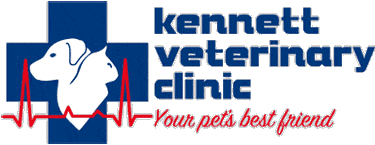|
Aug 11, 2011 |
 |
"With Immiticide unavailable, veterinarians will need to take steps to carefully manage their heartworm-positive patients," says Wallace Graham, DVM, president of AHS in a prepared statement.
Crafted by AHS' Board and Scientific Committee, the management plan calls for veterinarians to:
· Reduce potential pathology from infection
· Maintain the health of the heartworm-positive dog until it can be appropriately treated
· Prevent additional heartworm infection of the dog.
Management steps include:
· Verification of heartworm status
· Pretreatment of heartworm-positive dogs to prevent shock
· Careful administration of a macrocyclic lactone heartworm preventive, followed by clinical observation for at least eight hours
· Continuous administration of a heartworm preventive on the regular dosing schedule
· Administration of doxycycline on a one-month-on/two-months-off schedule
· Restricted activity and exercise of the heartworm-positive dog throughout the management period · Medical treatment of symptomatic heartworm infection to relieve signs of respiratory disease, with surgical options weighed for dogs exhibiting cardiovascular compromise
· Retesting for heartworm status before treatment with adulticide treatment once the product is again available.
The goal, Graham says, is to manage the patient until Immiticide becomes available.
Earlier this week, Merial sent a notification to veterinarians that the drug melarsomine will be in short supply due to technical production problems at a plant. Click here for the AHS Guide to Heartworm Management During Adulticide Unavailability.

